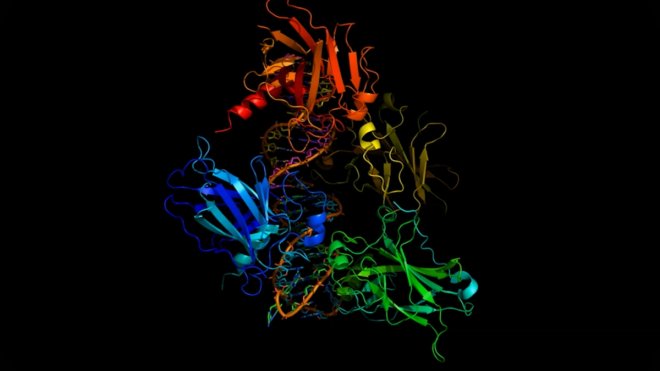
NASA's "Twins Study" experiment undertaken by the agency has found that the space travel could result in genetic changes in humans.
The experiment results show an increase in methylation, the process in which genes turn on and off, during the space travel. The scientists give clues that the experiment has given more information on how human genetics change during the space flight. The research papers are expected to be published in 2018.
Chris Mason, of Weill Cornell Medicine, who is also the Principal Investigator of the Twin Study said, "With this study, we've seen thousands and thousands of genes change how they are turned on and turned off. This happens as soon as an astronaut gets into space, and some of the activity persists temporarily upon return to Earth."
The research was done on NASA's twin astronauts Scott Kelly and Mark Kelly. Scott Kelly lived in the International Space Station (ISS) for a span of 340 days and returned to earth on March 1, 2016, along with his Russian counterpart Mikhail Korneinko.
NASA has done a number of studies on the astronauts including how their body adjusted to weightlessness, isolation, radiation and the stress of long- duration spaceflight.
Another astronaut Mark Kelly had also made his 14 days space voyage as the Commander of STS-134 space shuttle to the ISS while Scott was commanding the Station. The researchers had collected samples from the twins for their study.
Chris Mason said, "This study represents one of the most comprehensive views of human biology. It really sets the bedrock for understanding molecular risks for space travel as well as ways to potentially protect and fix those genetic changes."
Extensive studies on human physiology, behavioral health, microbiology/ microbiome, and molecular level studies of genetics were conducted on the twins and from the samples collected from them.
Even the plants grown in microgravity with exposure to different combinations of red, green, blue, white and infrared light are believed to show different aspects of growth and physiology. The genetics of plants along with its living conditions are capable of changing it physically and functionally from its previous generations. This study could help researchers to choose plants for missions which are out of the Earth.
The research is expected to help scientists for their future missions to Mars. The NASA has plans to send humans to Mars by 2030. Private space agency SpaceX has announced to send humans to Mars by 2024 to start a human settlement there. Several other space agencies and private companies have the intention to start settlements in Mars and space.








